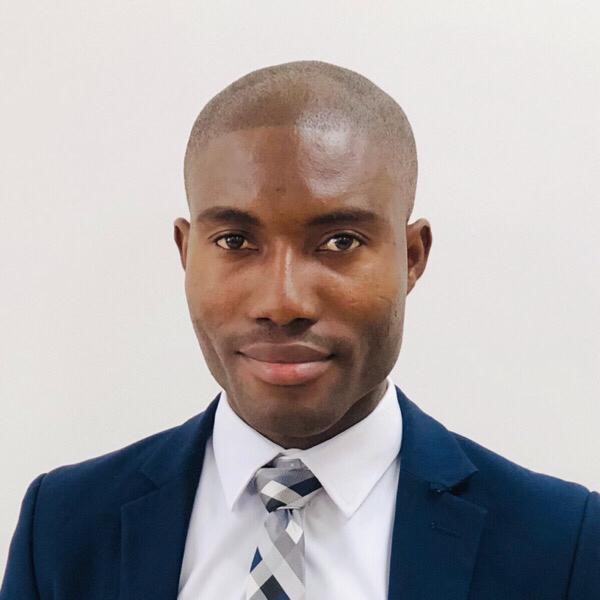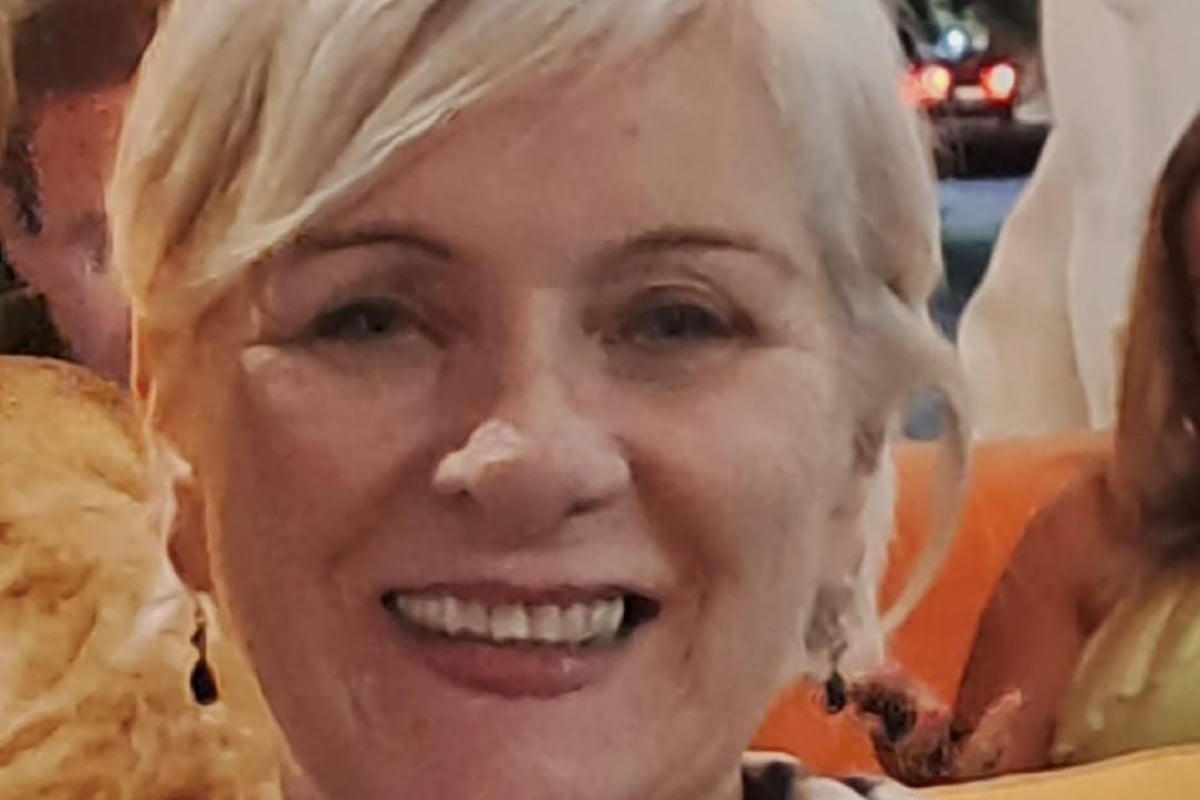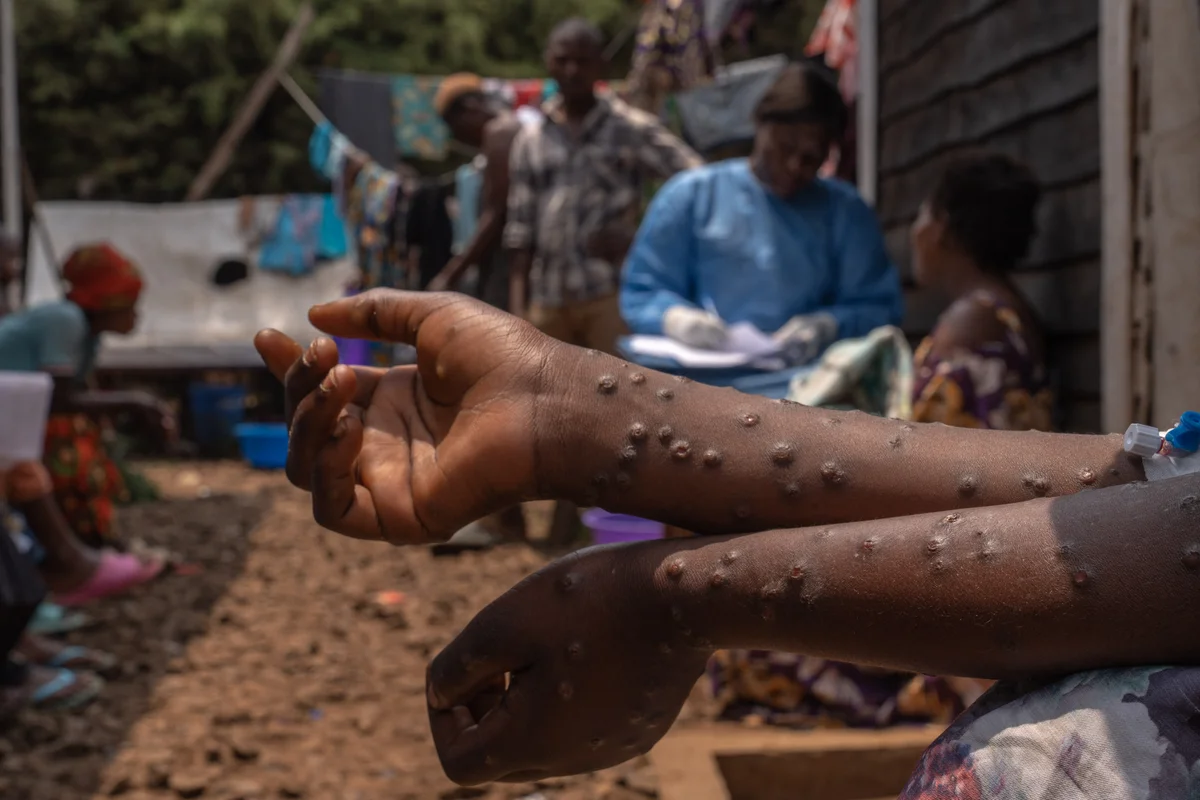CASES IN FINANCE – EPISODE 3: Banking should not cost a life: A CEO’s funeral tribute that shook the banking industry
By Francis
Copyright thebftonline

By Enock YEBOAH-MENSAH
The words cut through the silence as Theocharis, CEO of Apogee Bank, stood before the casket of a man who was once his colleague and brother in the profession.
He had come to pay tribute to Nana, a banker who had resigned to pursue a new opportunity but whose life was suddenly cut short.
Such gatherings that typically evoke tears rather saw the spewing of hard and unflinching truths about the industry they all belonged to, and the price Nana had paid.
Tribute by Theocharis, CEO of Apogee Bank
Ladies and Gentlemen, colleagues, friends and family, we are gathered here today with heavy hearts to mourn the painful and untimely demise of our brother, colleague and friend.
Nana, though no longer with Apogee Bank at the time of his passing, will always be part of our family. His sudden death from cardiac arrest is not only a personal tragedy but also a haunting reminder of the silent suffering of countless bank employees in our country.
Nana was a man of integrity, brilliance and commitment. When he worked with us, he gave his all not because he was forced to, but excellence was his hallmark. He later moved on to pursue other opportunities as every professional had the right to do so.
Yet today, he is no longer with us not because he was weak and careless but the system, he found himself in demanded more than any human body can endure.
Let us not pretend. The truth is bitter. Across the Banking sector, young men and women sign contracts that promise eight hours of work; yet end up giving twelve, fourteen and sometimes sixteen hours a day.
They leave the office at midnight only to return before dawn ends. They are dragged into 6:30 a.m. meetings and 7:00 p.m. calls amidst endless demands that know no boundaries. The human body cannot carry such weight forever. And so, today, we stand here, looking at the price that was paid.
Our brother did not just die of cardiac arrest but was failed by a system that abuses dedication. He died of a culture that worships targets and deadlines more than it values human lives. He died because leaders, regulators, directors and managers turned a blind eye to the silent cries of employees. And make no mistake, unless we change, many are bound to face similar fate.
I say this with pain but also with conviction: “Enough is Enough”. Banks are not hospitals. Nobody dies if a meeting is pushed to 9:30 a.m. instead of 6:30 a.m. Nobody dies if a report is finished tomorrow instead of tonight at 2:00 a.m. But people die when they are worked to exhaustion, deprived of rest and consumed by endless demands.
As leaders, we must ask ourselves: “Would we want our sons and daughters to endure what we force upon other people’s children?” If the answer is no, then why do we allow it?
Today, as we lay Nana to rest, I want us to remember him not just in grief but with resolve. Let his passing be a turning point. Let it remind us that employees are human beings and not machines. Let it remind us that contracts must be honored, health protected, and dignity preserved.
Rest well, my brother. You gave your best and it was more than enough. May your memory ignite change in an industry that desperately needs it. And may your story never be repeated in another family.
Farewell, Nana. May your soul rest in peace.
Interview with Theocharis, CEO of Apogee Bank
As Theocharis stepped away from the lectern, his words hanged in the air and caused a moment of deep reflection amongst all gathered. The Church remained silent except for the quiet sobs of those present. As the service ended and people began to trickle out, a journalist approached Theocharis at the church courtyard. The grief in Theocharis’s eyes was still raw but his voice carried the same firmness that marked his tribute.
Journalist: Mr. Theocharis, there has been growing concern about the working conditions in banks. Many employees claim they are overworked far beyond their contracts. What is your take on this?
Theocharis: Let me be very blunt: what is happening in many banks is nothing short of abuse. Employment contracts in Ghana’s banking industry clearly state an eight-hour workday, 8:00 a.m. to 5:00 p.m., with a one-hour break. But in practice, some staff are working 10 hours, sometimes 12 hours a day. I know of employees who stay until 2:00 a.m. and are still expected back at 7:00 a.m. That is not dedication; that is exploitation.
Journalist: But some argue banking is a high-pressure industry. Isn’t overtime inevitable?
Theocharis: Occasional overtime for the good of the organization is fine, we all understand that. But when long hours become the norm, it destroys people. We are seeing rising cases of hypertension, diabetes and heart conditions among bank employees. The World Health Organization has even warned that working more than 55 hours a week increases the risk of stroke and heart disease. This is not about high pressure; it is about human lives.
Journalist: Beyond health, what about the legal side?
Theocharis: The law is clear. The Ghana Labour Act- Section 33 states that the normal work hours shall not exceed eight hours a day nor forty hours a week. Nonetheless, Overtime must be compensated. Yet banks hide behind the excuse that it is the nature of the business. If it is truly the nature of the business, why not amend contracts. Why keep contracts at eight hours and then squeeze out unpaid labor. Let us call it what it is, stealing from employees.
Journalist: We have also heard complaints about meetings at odd hours. Is that really common?
Theocharis: Very common, unfortunately. Staff are forced to join Zoom calls at 6:30 a.m. or even 7:00 p.m. Not occasionally but regularly. Tell me, what prevents a 6:30 a.m. meeting from being scheduled at 9:30 a.m.? What stops a 7:00 p.m. call from being held at 3:30 p.m.? Banks are not hospitals; nobody dies if a meeting is pushed to normal hours. This culture is unnecessary, unhealthy, and demeaning.
Journalist: Some bank leaders insist employees should “toughen up” because it is part of building a career. What do you say to them?
Theocharis: I say, “shame on them”. Would they want their own children subjected to this? If not, then why force someone else’s son or daughter into such conditions? Leadership is about empathy and responsibility, not oppression. What we are seeing is a system where young professionals are sacrificed because they have no alternative. That is not career growth, it is slow destruction.
Journalist: Do you foresee any consequences if this continues unchecked?
Theocharis: Absolutely. Look at the #MeToo movement, it started quietly, then exploded into lawsuits and reputational collapse for powerful personalities. The same will happen here. Employees will eventually band together and sue banks for contract abuse, labor violations and human rights breaches. Crime has no expiry date. Boards, regulators and HR managers who turn a blind eye today may face a storm tomorrow that could bring their banks down overnight.
Journalist: What would you like to see change immediately?
Theocharis: Three things. Firstly, respect the law, stick to the 8-hour workday unless overtime is fairly compensated. Secondly, schedule meetings within reasonable hours. Thirdly, put employee welfare at the center of corporate culture. Healthy employees build strong banks. Overworked and sick employees may bring down the entire system.
Journalist: And what about Apogee Bank, how do you ensure you are different?
Theocharis: At Apogee Bank, we live by one principle: people before profits. If our staff collapse, there is no business to run. We have implemented strict working-hour policies, wellness programs and security measures for late shifts where unavoidable. We are proof that you can run a profitable bank without abusing your employees. Others must do same or face the reckoning that is sure to come.
Leadership lens: people before profits
In his interview after the funeral, Theocharis made a bold claim: “Banks are not hospitals. Nobody dies if a report is finished tomorrow instead of tonight at 2:00 a.m.” His words highlighted a leadership dilemma at the heart of modern finance:
Should banks continue to chase aggressive targets at any human cost?
Or should they re-engineer work cultures to protect staff well-being, even if that means moderating short-term gains?
At Apogee Bank, Theocharis introduced reforms: strict 8-hour policies, wellness programs, and safety protocols for unavoidable late shifts. His philosophy was clear: healthy employees are the foundation of strong banks.
Moment of clarity: the unanswered question
As Nana is laid to rest, his story transcends the silence of the graveyard and echoes as a question that refuses to die: how many more lives must be sacrificed before the banking industry learns that profit cannot outweigh humanity?
The tribute of Theocharis may fade from memory, but the puzzle remains etched in the conscience of all who heard it: if no one dies when a meeting is delayed or a report is submitted tomorrow, why are so many dying today?
Lessons for banks and financiers
Compliance with Labour Laws Matters: Ghana’s Labour Act caps work at 40 hours per week, yet many banks skirt this. Ignoring the law risks lawsuits, fines, and reputational damage.
Employee Health is Financial Health: Chronic illnesses and burnout directly affect productivity and profits. Preventing them is cheaper than treating them.
Meeting Culture Must Change: Late-night and pre-dawn calls are rarely urgent. Rescheduling within work hours improves morale and does not harm output.
Empathy as a leadership asset: Leaders must ask themselves: “Would I want my own children in these conditions?” If the answer is no, reform is overdue.
Long-Term Profitability Requires People: Exploited employees may deliver short bursts of performance, but motivated and healthy employees drive sustained growth.
Discussion questions
Was Theocharis right to use a funeral platform to criticize the banking system, or was it inappropriate?
Can banking, by its nature, ever avoid high-pressure work environments?
How should regulators enforce labour laws without stifling industry competitiveness?
Could employee lawsuits reshape the banking sector as the #MeToo movement reshaped Hollywood and corporate boardrooms?
What practical steps can banks take to balance profit targets with staff well-being?
Previous case (episode 2) discussion solutions:
Was SkyConnect’s high SIM pricing a short-term contribution margin strategy or simply poor market analysis?
It was both but leaned heavier on poor market analysis. SkyConnect assumed Ghanaian consumers would pay a premium for connectivity, ignoring price sensitivity in an underserved market. What they called “margin protection” was, in effect, a misread of demand elasticity. The result: low adoption and no scale to sustain long-term competitiveness.
How did SunWave’s penetration pricing translate into economies of scale?
By lowering SIM prices, SunWave rapidly built a massive user base. This scale spread fixed network costs over millions of subscribers, reducing average cost per user. More importantly, it created network effects: more users → more calls, more data demand, and eventually the perfect base to layer SunWave Wallet. Scale wasn’t just cost efficiency; it became a platform for adjacent revenue streams.
How would you model the Customer Lifetime Value (CLV) of a SIM card in 2006 versus 2010 for SunWave?
2006: CLV ≈ (ARPU × retention period) – acquisition cost. At this stage, Average Return Per Unit (ARPU) was low, but acquisition cost was minimal due to cheap SIMs, so payback relied on volume.
2010: CLV expanded dramatically because:
ARPU rose with mobile money, data bundles, and cross-selling.
Retention improved as users were “locked in” via SunWave Wallet.
The SIM card became not just a telecom product, but a financial access point, multiplying lifetime value.
Job creation opportunities
Could SkyConnect have pursued a hybrid approach (premium + mass-market)?
Yes, but execution would have required segmentation. For instance, premium bundles (higher ARPU customers in urban areas) alongside a mass-market entry package (low-cost SIMs for rural adoption). Without that, SkyConnect ceded the mass market to SunWave. A hybrid would have protected margins in some segments while still scaling a broader base.
For today’s startups, when does it make sense to prioritize market share over profitability?
The market is nascent and price-sensitive (affordability is key to adoption).
The product benefits from network effects (e.g., fintech, marketplaces, platforms).
There’s potential to layer services later (ecosystems vs. one-off products).
Profitability can be deferred when capturing early share ensures defensibility and future monetization. But once scale and stickiness are achieved, the pivot back to unit economics is non-negotiable.
The author is a Strategy, Leadership and Finance Enthusiast, an Mphil Finance graduate of the University of Ghana Business School, a member of the Institute of Chartered Accountants, Ghana and a part-time lecturer at the UGBS.
Email: eymensah@gmail.com



